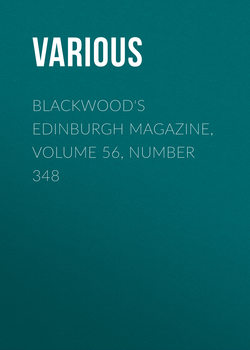Читать книгу Blackwood's Edinburgh Magazine, Volume 56, Number 348 - Various - Страница 7
POEMS AND BALLADS OF GOETHE
No. II
The Castle on the Mountain
ОглавлениеThere stands an ancient castle
On yonder mountain height,
Where, fenced with door and portal,
Once tarried steed and knight.
But gone are door and portal,
And all is hush’d and still;
O’er ruin’d wall and rafter
I clamber as I will.
A cellar with many a vintage
Once lay in yonder nook;
Where now are the cellarer’s flagons,
And where is his jovial look?
No more he sets the beakers
For the guests at the wassail feast;
Nor fills a flask from the oldest cask
For the duties of the priest.
No more he gives on the staircase
The stoup to the thirsty squires,
And a hurried thanks for the hurried gift
Receives, nor more requires.
For burn’d are roof and rafter,
And they hang begrimed and black;
And stair, and hall, and chapel,
Are turn’d to dust and wrack.
Yet, as with song and cittern,
One day when the sun was bright,
I saw my love ascending
With me the rocky height;
From the hush and desolation
Sweet fancies did unfold,
And it seem’d as we were living
In the merry days of old.
As if the stateliest chambers
For noble guests were spread,
And out from the prime of that glorious time
A youth a maiden led.
And, standing in the chapel,
The good old priest did say,
“Will ye wed with one another?”
And we smiled and we answer’d “Yea!”
We sung, and our hearts they bounded
To the thrilling lays we sung,
And every note was doubled
By the echo’s catching tongue.
And when, as eve descended,
We left the silence still,
And the setting sun look’d upward
On that great castled hill;
Then far and wide, like lord and bride,
In the radiant light we shone—
It sank; and again the ruins
Stood desolate and lone!
We shall now select, from the songs that are scattered throughout the tale of Wilhelm Meister, one of the most genial and sweet. It is an in-door picture of evening, and of those odorous flowers of life which expand their petals only at the approach of Hesperus.
